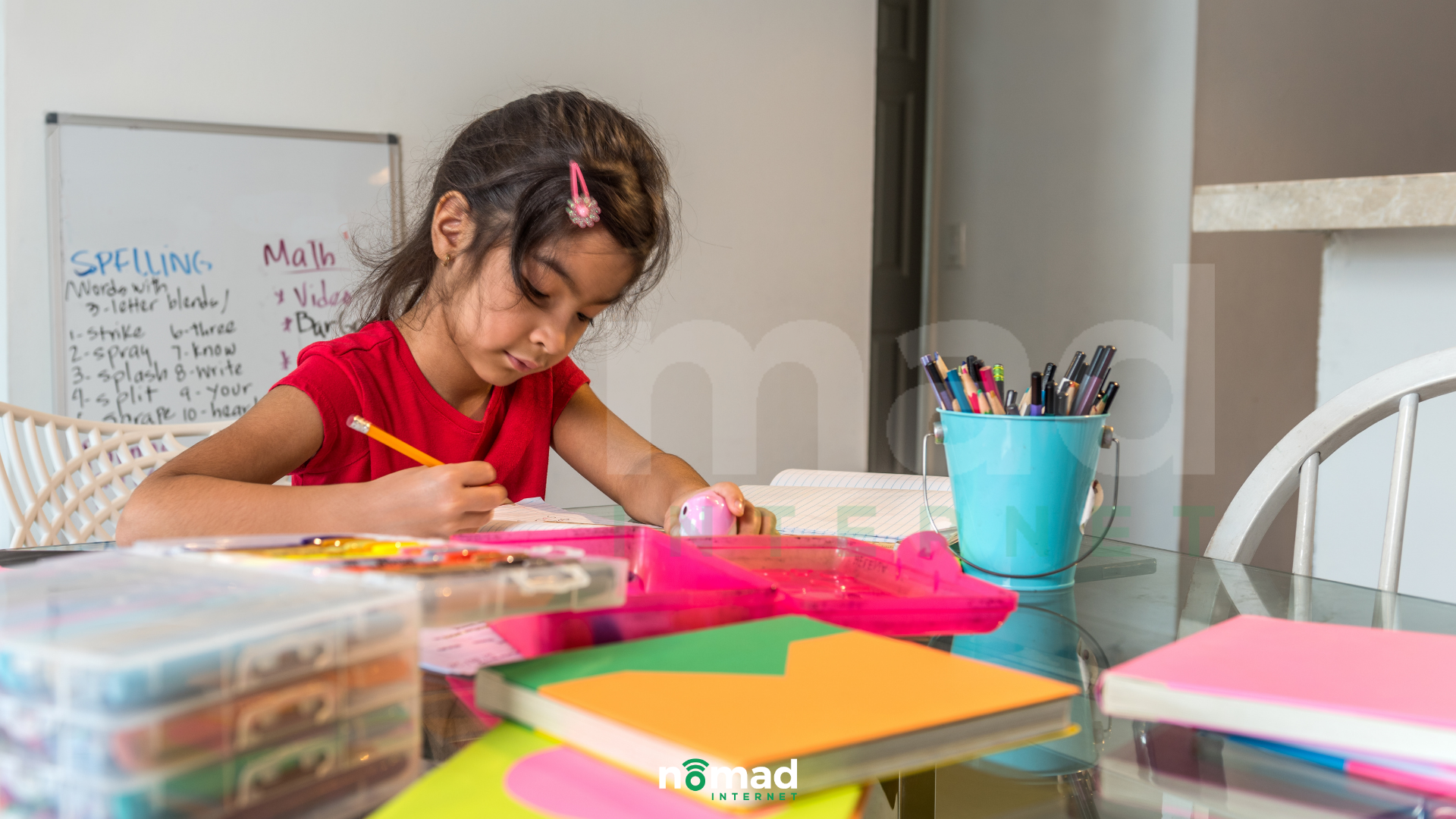
In recent years, homeschooling has become an option for many families. There are many concerns about socialization for parents who are considering or have begun homeschooling their kids. This is understandable since most of these parents went through the traditional schooling system and were surrounded by their peers—with whom they socialized.
Socialization certainly looks different for homeschooled kids. But this doesn’t mean these kids do not understand social cues. Studies conducted by many researchers find that homeschooling does not harm children's ability to develop social skills. Homeschooled kids have more opportunities than schoolgoers to interact with their peers and interact with people of all ages and from all walks of life.
Suppose you are considering homeschooling your kids but are concerned that their social skills may be negatively impacted by it. In that case, I should mention that developing social skills in your homeschooled kids depends on your ability to incorporate social activities into their daily routine.
Here are some ways to incorporate activities into their routines to encourage a healthy social life.
- Enroll your kids in extracurricular activities; Homeschooled kids should participate in extracurricular activities such as martial arts, dance lessons, piano lessons, and other activities they might be interested in. When you enroll your kids in such activities, you allow them to physically interact with people who are not necessarily friends or family members. By doing so, they learn how to express themselves better and also understand the behaviors of others.
- Sign them up for summer camp; Summer camps provide kids with lifelong learning experiences. At summer camps, your kids are exposed to different educational activities alongside their peers. This provides a medium for your homeschool kid to practice social interaction. There are many camp opportunities for kids these days—whether day or sleep away camp. Attending summer camp is a perfect way to make long-lasting friendships while building independence.
- Go outside; Create time to take your homeschool kid beyond your backyard. Visit your local parks, go to the zoo, see a movie or go to the mall. Who knows, your kid may run into one or two kids and make friends with them. Group tours are also a great way to help your child develop their social skills. As you travel in groups, your child gets to interact with other travelers and their kids. A visit to extended family for the weekend would also encourage interaction and the development of healthy social skills.
- Don’t try to fill in as any member of their social cycle; Most parents make the mistake of trying to become their child’s classmate, tutor, and friend all at once. This can be very confusing for your kid. Don’t get me wrong; there is nothing wrong with being close friends with your kids, but this doesn’t mean you should fill in for all their social needs. You can play with or enjoy children's activities with your child, but don’t limit them to considering you as their playmate. Allow your kid to interact with friends and acquaintances.
- Organize playdates and sleepovers; Host parties or play dates for your kid. This will encourage your child to create and maintain friendships. During playdates and sleepovers, you can organize educational games and activities for the children to enjoy. Such activities will keep the kids entertained while teaching them to interact and work well with others.
- Encourage your kids to participate in competitions; Enroll your child in drawing competitions, sports, debates, and talent shows. Some US states allow homeschoolers to participate in public school extracurricular programs. If it is something you are interested in, enquire with your local schools to find out what’s available for your child to participate in. Also, consider enrolling your child in public libraries.
- Encourage other forms of communication; Social skills aren’t limited to playdates or talking to other children and adults. They also include softer skills like writing and public speaking. Help your child make connections via non-verbal means of communication. Encourage your child to keep a diary. This will help them express themselves better. This will also help your child become aware of their feelings. Making cards and writing letters is a great way to build creativity and develop social skills in your kids.
As homeschooling becomes more popular among families, many parents have turned to extracurricular activities to help their kids develop social skills. There are, however, many other creative ways to get your child to socialize. They include playdates, virtual classes, and competitions. Homeschooled kids can be taught to thrive intellectually and socially by teaching them to form meaningful interactions with others.
